Helen Lewis is deputy editor of the New Statesman and a regular political commentator on the BBC. She currently holds an Honorary Writing Fellowship at Oxford University. Her new book, Difficult Women: A History of Feminism in 9 Fights is scheduled for release with Jonathan Cape in 2020. In this interview, we talked about sex, economics and feminism ahead of Helen's appearance at HowTheLightGetsIn 2019.
Do we live in a sexualised culture?
I think we do comparative to anyone within living memory. But things are better than they were in recent history as well.
In advertising this is probably most obvious; a huge theme of the feminist movement in the 60s and 70s was the fact that advertisers would just drape a woman over a car to sell it. That assumes men have the spending power.
If men have the money and power, it makes sense to sell things to women that purport to make them more appealing to the opposite sex. When selling make up and cosmetics advertisers can say ‘buy this and people will want to have sex with you.’
There used to be even more obvious different treatment of the sexes in newspapers where men tend to be talked about as active and women were there as passive objects to be looked at. This lingers but we have moved on from it to some degree.
Whereas it used to be a female model or actress alongside a male comedian we are now more interested in funny women and women with something to say.
Panel shows have certainly made progress in the last ten years or so.
Policies that try to regulate this kind of equality are coming in - The BBC, for example, now has a rule to have at least one woman on any panel, show producers are beginning to say there have to actually be two women which is even better because you are labelled with a more nuanced identity than just ‘woman’.
But women are still used as scenery. For example, you don’t get award ceremonies where men in tiny shorts bring the award that is then handed on to the presenter to give to the winner.
Are men and women equally sexualised?
When I talk to people about the popularity of female strip shows, people often bring up the film and stage show ‘Magic Mike’, or the pressure on men, given the popularity of something like Love Island, to have a gym honed physique and to show it off. Do you think male objectification is on the rise?
Yes and it’s a problem. But the word I’m using most at the moment is ‘disproportionate’. These examples are really rare; there is this one stage show but that’s about it. And even in that, men are actually protagonists, not just a backdrop. If you want to write a story about someone who runs a stripping troop, male or female, then do it. It’s like comparing women’s representation as sex objects in film with something like the Full Monty. All the men in it have real stories and real lives. Whether someone has their clothes on or not isn’t everything. My big problem with women’s objectification is that once you’re in a bikini you’re not a real person. There are countless examples of women in films who get raped and murdered so that the male detective can be sad about it. The ‘wall of nipple’ backdrop is more of a problem than having a lead female character who has to take their top off as part of their story.







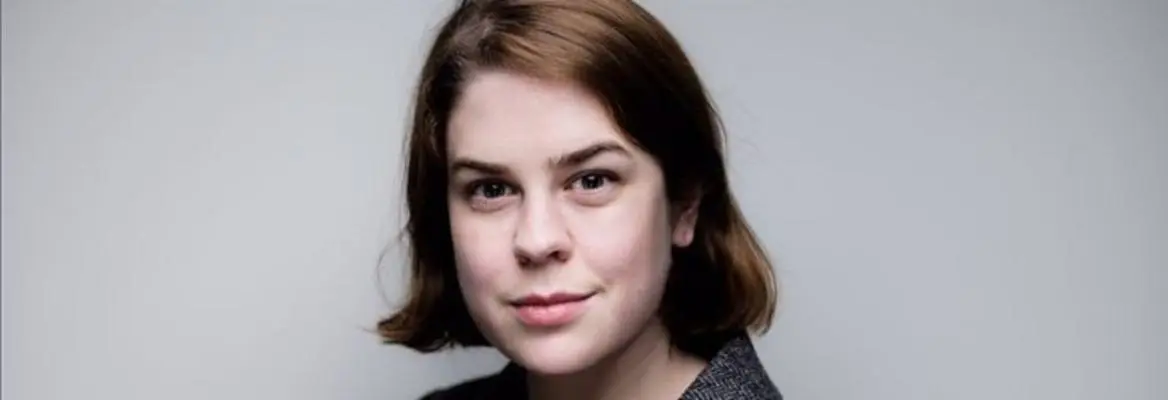



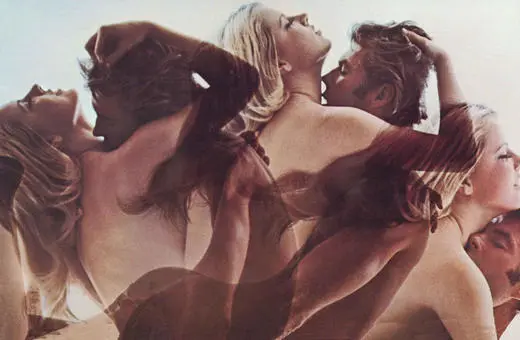
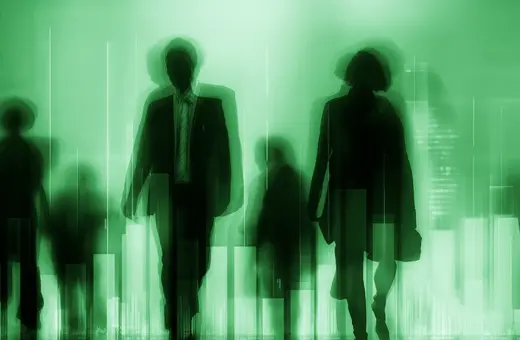
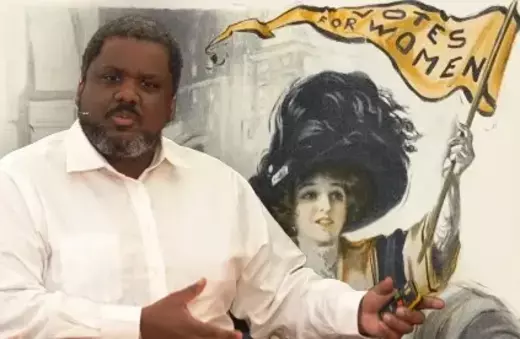
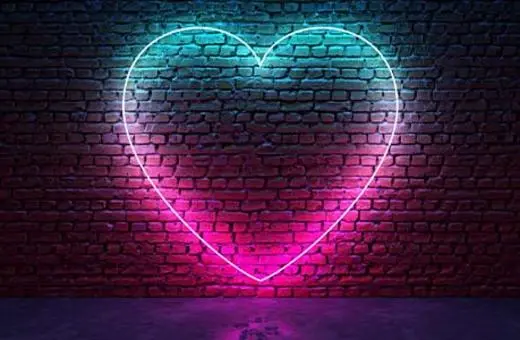



Join the conversation